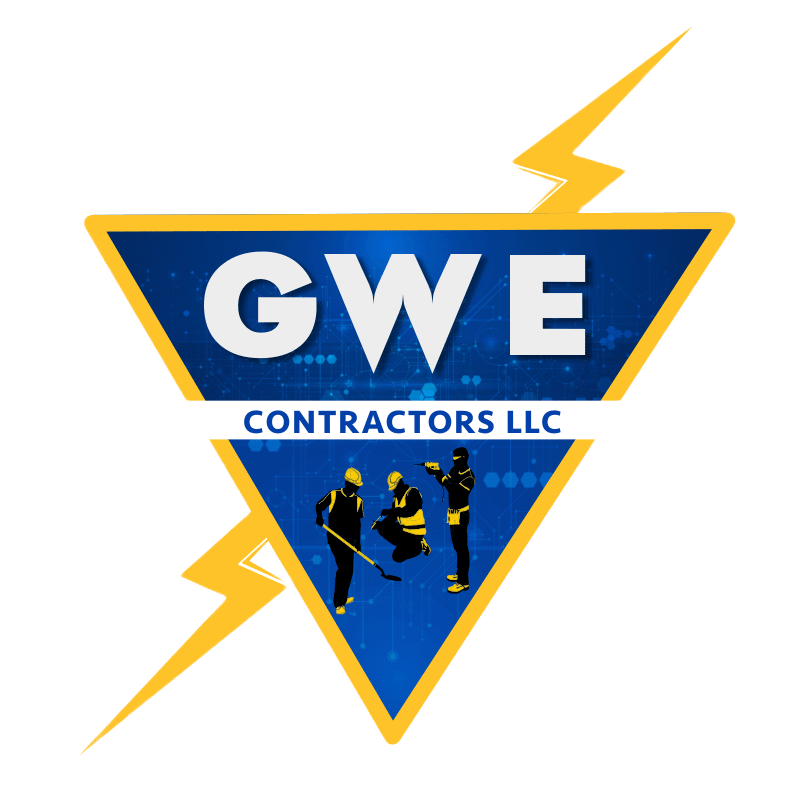Many electric utilities throughout the United States are adopting smart meters to replace their aging analog equipment. There are differing schools of thought on whether or not these smart meters benefit customers or just the utilities.
Smart meters allow for immediate and accurate reporting to the utility. This allows the utility to charge for only what is used. In some cases, the analog meters became defective, charging more and less than the actual usage. For the tech-savvy user, these meters can provide data on electricity usage and can help to save money by identifying home appliances that use more power than they should. It can also help customers to determine when to use large pieces of equipment, like car chargers, depending on high usage times and rates. This feature is especially helpful for larger businesses, like manufacturers.
Another huge advantage of having the smart meter is that it allows for remote readings, instead of having a meter reader enter the home. Estimates are no longer necessary with real-time readings available at any time.
These smart meters also allow the meter to report a power outage. The meters can give utilities good information during large-scale power outages, especially when customers do not self-report. The meters are also able to integrate with energy management programs like solar panels or wind energy.
Some customers are concerned that these meters could invade their privacy. Not only can the meter read the usage information immediately, they can collect usage information and potentially share that information. There are also concerns over the meters emitting electromagnetic radiation. Health agencies have deemed them safe.
In order to install the smart meters, local utilities reach out to their customers to set up appointments and replace the meters. The actual replacement takes under thirty minutes and not much is required of the customer, except to be present. If customers refuse to change to the smart meter, some utilities do charge extra to keep the analog meter.
There are communities that are not yet ready for smart meters. Those are often in more rural or hard-to-reach areas. There are some instances when the construction of a home does not support the newer meters.
Smart meters are seen by utilities as a big step toward creating a smart grid. As customers require more and more electricity, the utilities need to understand usage patterns and what could be needed as they plan for the future.

